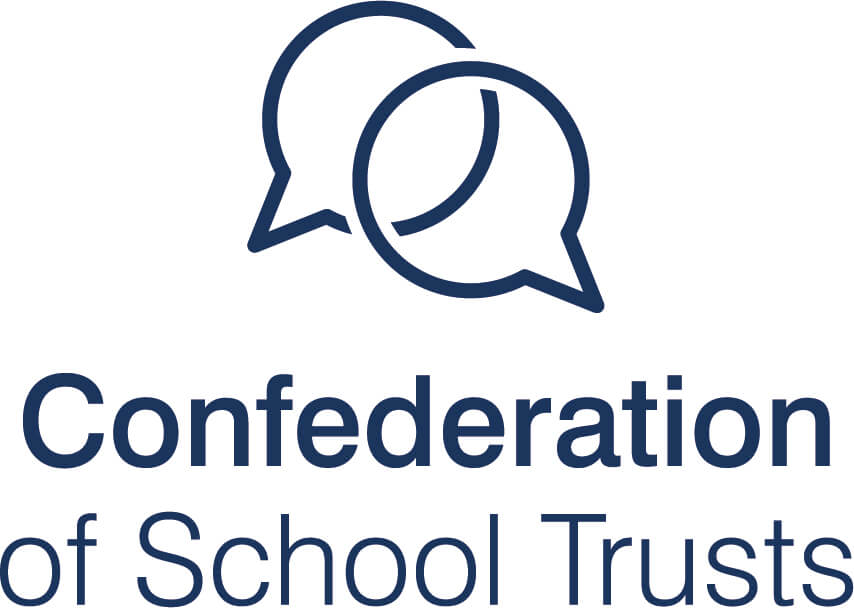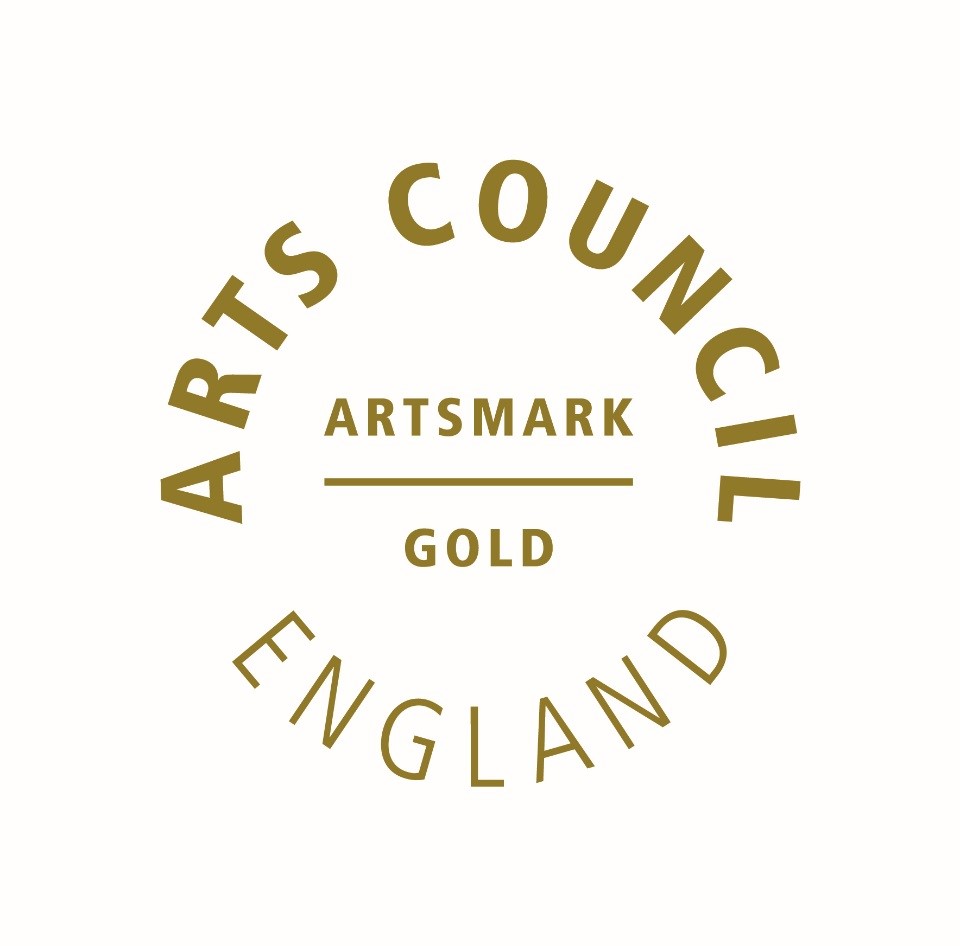Curriculum Overview
Please view our Curriculum Rationale Below
[ir_msdocviewer id=”16759″]
An Overview of the Primary Curriculum at Zetland Primary School
Early Years Foundation Stage (Nursery and Reception)
Your child will typically begin school at the age of 3 and enter the Early Years Foundation Stage as a Nursery child which can also be known as Early Years Foundation Stage (EYFS) 1. They will then progress into Reception or Early Years Foundation Stage (EYFS) 2. During their time in the Early Years Foundation Stage they will follow the Early Years Foundation Stage Curriculum. This aims to develop key aspects of their emotional, social, physical and academic development set out as the Early Years Goals, of which there are 13 strands. Children who achieve success in all 13 strands will then have reached a Good Level of Development. The teaching methods used, organization of the learning environment, use of teaching staff and other adults as well as resources are directed to help your child maximise their potential in each of these strands, as they go through the Early Years Foundation Stage. You can find out more by visiting our Early Years Foundation Stage, talking to our staff and reading our booklet explaining this area of school further.
Key Stage 1 and 2 (Year 1 to 6)
When your child leaves Reception or EYFS 2 at the age of 5 or 6 they will enter into Key Stage 1 and will follow the National Curriculum. In September 2014 the Department of Education launched a new National Curriculum which has become compulsory for all children attending Local Authority Schools beginning in 2014. The national curriculum is a set of subjects and standards used by primary and secondary schools to define learning expectations across England, so children learn the same things. It covers all the subjects to be taught and the standards children should reach in each subject. The aim of the Primary Curriculum is to provide a clear outline of the essential skills, knowledge and understanding required by the pupils at the end of each key phase in their education. This is so that they are well equipped to achieve success in later life when they eventually leave fulltime education. In the new National Curriculum the essential knowledge, skills and understanding required by children are known as Matters, Skills and Processes. You can see how this looks in our school by downloading our curriculum maps, which provide an outline of what we will be teaching, during each term.
The Primary Curriculum is organized into different phases. The phases are Key Stage 1, Lower Key Stage 2 (Years 3 and 4) and upper Key Stage 2 (Years 5 and 6). During this period of their development they will complete teacher assessment work to find out how they are progressing, as well as formal tests such as tests in Reading, Writing and Maths. By the end of Key Stage 2 (Year 6) children will complete their Key Stage 2 Tests and Teacher assessments with the aim of achieving the Year 6 expectations and being “secondary” ready.
Although the New Curriculum is intended to be more challenging, the content is actually slimmer than the previous curriculum. Teachers are required to set high expectations for every pupil.
The main changes in the New Curriculum are summarised below:
English
Stronger emphasis on vocabulary development, grammar, punctuation and spelling (for example, the use of commas and apostrophes will be taught in KS1)
Handwriting not currently assessed under the national curriculum is expected to be fluent, legible and speedy.
Spoken English has a greater emphasis, with children to be taught debating and presenting skills.
Mathematics
Five-year-olds will be expected to learn to count up to 100 (compared to 20 under the previous curriculum) and learn number bonds to 20 (currently up to 10).
Simple fractions (1/4 and 1/2) will be taught from KS1, and by the end of primary school, children should be able to convert decimal fractions to simple fractions (e.g. 0.375 = 3/8).
By the age of nine, children will be expected to know times tables up to 12×12 (previously) 10×10 by the end of primary school).
Calculators will not be introduced until near the end of KS2, to encourage mental arithmetic.
Science
Strong focus on scientific knowledge and language, rather than understanding the nature and methods of science in abstract terms.
Evolution will be taught in primary schools for the first time.
Non-core subjects like caring for animals will be replaced by topics like the human.
Design and technology
Afforded greater importance under the new curriculum, setting children on the path to becoming the designers and engineers of the future.
More sophisticated use of design equipment such as electronics and robotics.
In KS2, children will learn about how key events and individuals in design and technology have shaped the world.
ICT
Computing replaces Information and Communication Technology (ICT), with a greater focus on programming rather than on operating programs.
From age five, children will learn to write and test simple programs, and to organise, store and retrieve data.
From seven, they will be taught to understand computer networks, including the internet.
Languages
Currently not statutory, a modern foreign language or ancient language (Latin or Greek) will be mandatory in KS2.
Children will be expected to master basic grammar and accurate pronunciation and to converse, present, read and write in the language
At Zetland Primary we want to meet national expectations in a meaningful, engaging and holistic way so that your child grows into a well rounded, confident and respectful person, ready to meet the further challenges of secondary school as they enter the next stage of their education.







